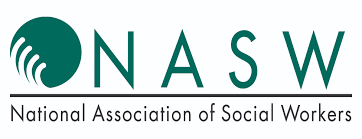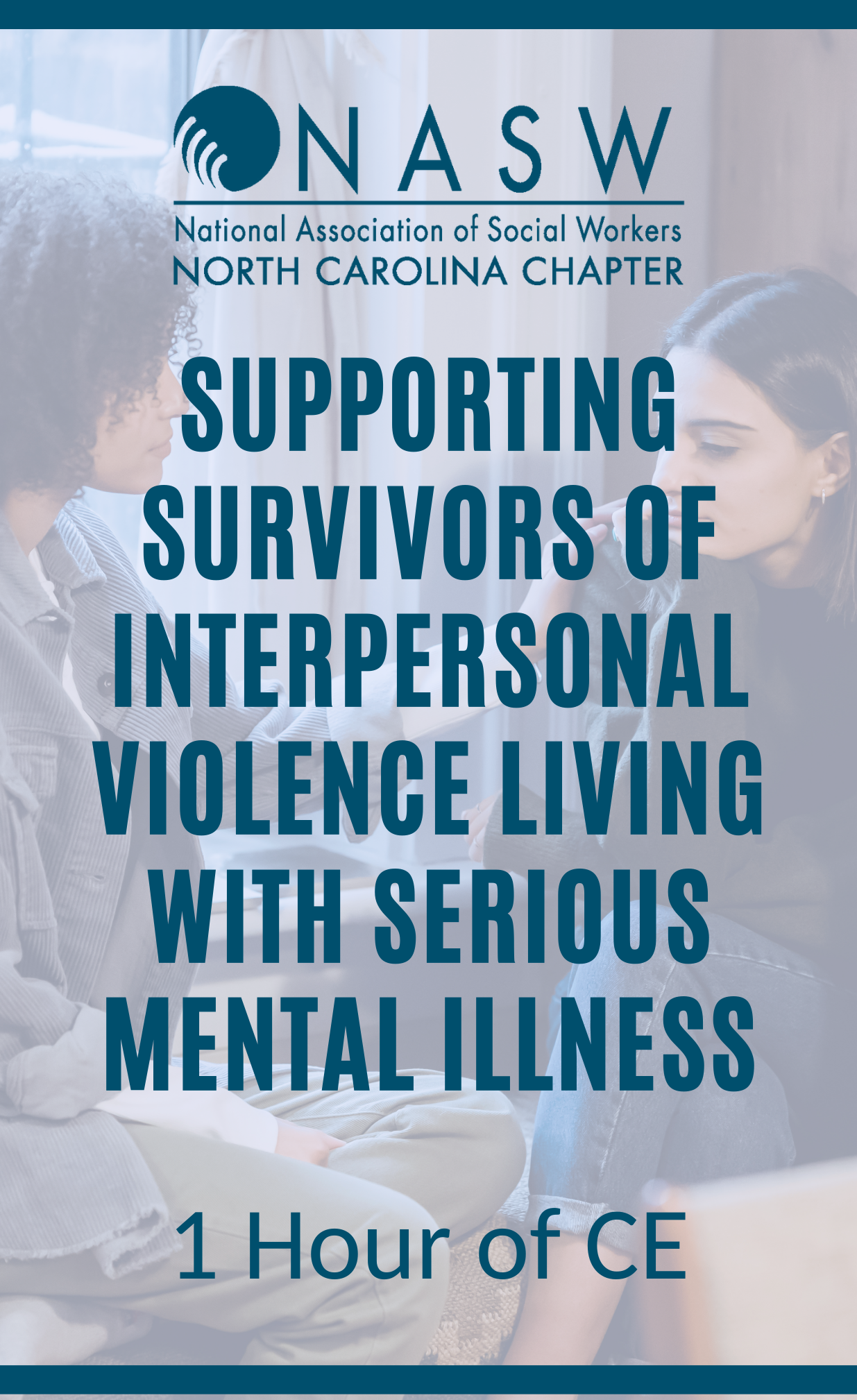This workshop provides a comprehensive exploration of the intersection of intimate partner violence and ageism, equipping social workers with the knowledge, skills, and resources needed to address these complex issues in their practice, curriculum, or research. Through a combination of interactive activities, discussions, and skill-building exercises, participants will gain a deeper understanding of how to effectively identify and support older adult victims and survivors of IPV while challenging ageist assumptions and biases. The workshop begins with an introduction that explores the dynamics of IPV perpetration and victimhood across age groups. Participants engage in an icebreaker activity, sharing perspectives on IPV and ageism, fostering a supportive and collaborative learning environment. Then the root causes of ageism and its manifestations in society will be explored, highlighting the pervasive stereotypes and biases that impact older adult victims of IPV. Through interactive activities and discussions, participants critically examine their own implicit biases and explore strategies for challenging ageist assumptions in their practice. A key focus of the workshop is raising awareness of how implicit biases can influence social workers' perceptions and interactions with older adults experiencing IPV. Through self-reflection exercises, participants gain insight into the potential impact of their biases on their professional practice and develop practical strategies for mitigating bias in their work with older adult survivors. Moreover, the workshop emphasizes the importance of inclusivity and accessibility in supporting older adult victims and survivors of IPV. Participants learn about the unique barriers faced by older adults in accessing support services and resources and explore strategies for creating inclusive and accessible support systems that cater to the diverse needs of older adult survivors. Throughout the virtual workshop, participants will engage in word clouds, Kahoot quizzes, and reflection exercises about the intersectional experiences of older adult victims and survivors of IPV. They gain a deeper understanding of the complex challenges faced by this population and develop culturally competent approaches to addressing their needs. The workshop also provides practical guidance on integrating inclusive practices into social work assessments and interventions, promoting cultural humility and continual learning in addressing the intersection of IPV and ageism. Participants leave the workshop equipped with concrete strategies for integrating workshop learnings into their professional practice, ultimately enhancing their ability to support older adult victims and survivors of IPV in a compassionate and inclusive manner.

 Adding Registration, Please wait...
Adding Registration, Please wait...






